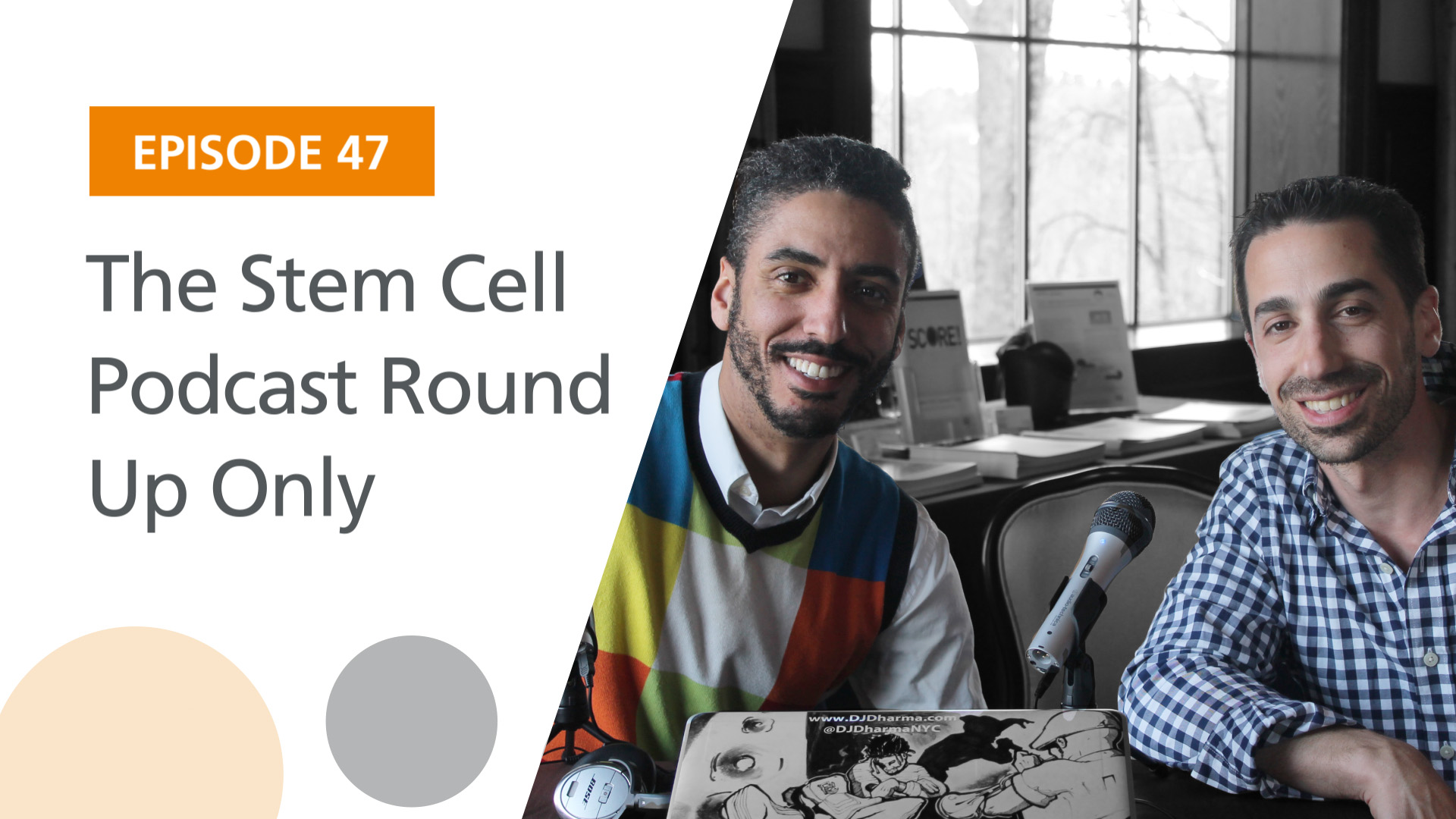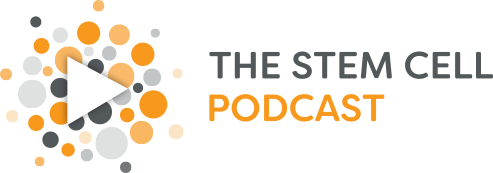
Podcast: Play in new window
Guest:
In this episode we discuss topics ranging from, more sports stars getting stem cell therapy, a mutation that eliminates prion disease, a perspective on aging by studying stem cells, chimps getting drunk in the wild on there own, a Nobel laureate who made awful comments regarding women in science and your birthdate as a predictor of disease.
Resources and Links
Scientists Film Death of White Blood Cell for First Time and Discover Alert System – Australian and US scientists capture on video each stage of death of a human white blood cell, revealing the dying cells apparently try to alert their neighbors by ejecting molecules into nearby cells, possibly to alert them to the potential presence of a pathogen.
Sun like It Hot: Philae Comet Probe Wakes up, Phones Home Again – European Space Agency has confirmed that the Philae probe on Comet 67P/Churyumov-Gerasimenko has been in contact again, and that the lander is getting more than enough sunshine on its solar panels to power itself continuously.
Molecules Reach Coldest Temperature Ever – This article describes how the MIT researchers chilled a gas of sodium potassium 500 nanokelvin.
New Study: Chimps Go Bananas over Palm Wine – Scientists report that chimps in western Africa have taken to purloining drinks from vats of palm wine left unguarded by humans.
Autism Risk May Be Influenced by Age Gap Between Parents – Researchers have demonstrated with the largest ever multinational study of parental age and autism risk that the children of teen mothers, older parents and parents with an age gap of ten years or more have a higher risk of autism spectrum disorder than other children.
Nobel Prize-winning Professor Tim Hunt Resigns after Sexist Remarks about ‘Girls’ in Lab – The Nobel Prize-winning biochemist Tim Hunt stepped down from his position at the University College London after making sexist comments at the World Conference of Science Journalists in South Korea.
Your Birth Month May Predict Your Health Issues: Heart Disease Rates Higher March to June – This article explores the relationship between the month a person is born and their risk for disease according to the algorithm created by scientists from Columbia University.
Traditional Medicine: Thunder God Vine as Potential Obesity Treatment – An extract from the thunder god vine, long used in traditional Chinese medicine, reduces food intake and causes up to a 45% decrease in body weight in obese mice because of its weight-loss compound called Celastrol, which produces its potent effects by enhancing the action of an appetite-suppressing hormone called leptin.
Virotherapy: Skin Cancer Successfully Treated with Herpes-Based Drug – This article describes how ‘virotherapy’ uses modified herpes virus to attack melanoma cells and has potential to overcome cancer even when disease has spread throughout the body.
Pop Music’s Most Important Revolution? That Would be Hip-Hop, Science Reveals – Engineers and biologists analyzed 17,000 digitized songs from Billboard’s Hot 100 to produce an evolutionary history of American popular music and determined that Hip-Hop was more influential than Beatles.
Genes Make Some People More Attractive to Mosquitoes – Certain body odors appear to entice the mosquitoes and those smells may be hereditary.
Stanford Stem Cell Product, Delayed for More than a Decade, to Be Tested Again – Stanford’s Irv Weissman is said to resume his research after a decade of delay in creating a unique way to grow and deliver blood stem cells to desperate patients with aggressive cancers, boosting survival rates.
Former NFL Quarterback Bart Starr Took Part in Stem Cell Trial – Green Bay Packers Hall of Fame quarterback Bart Starr is participating in a clinical trial using stem cells as a possible treatment for strokes.
Avocado a Treatment for Leukemia? Fruit Molecules Found to Target Stem Cells of Cancer – Scientists have learned that avocado lipids used in making a compound named avocation B can help treat leukemia stem cells in patients with acute myeloid leukemia (AML).
Protein Plays Unexpected Role in Embryonic Stem Cells – Scientists discovered that a nucleoporin called Nup153 (green) control how embryonic stem cells (blue) develop.
Stem Cells Used to Induce Mouse Hearts to Repair Themselves – Researchers at the Temple University School of Medicine induced the damaged cells of a heart in a mouse model to heal themselves using exosomes from stem cells.
Programming and Reprogramming Cellular Age in the Era of Induced Pluripotency – This article discusses how induced pluripotent stem cells (iPSCs) research may transform studies of aging and enable the precise programming of cellular age in parallel to cell-fate specification.
Efficient Detection and Purification of Cell Populations Using Synthetic MicroRNA Switches – This article describes an efficient method for purifying cells based on endogenous miRNA activity.
A Cost-Effective and Efficient Reprogramming Platform for Large-Scale Production of Integration-Free Human Induced Pluripotent Stem Cells in Chemically Defined Culture – Researchers describe their optimization procedure for induced pluripotent stem cells technology that enables a single technician to make 20–40 lines at a time in a 24–96 well format in a reliable and reproducible fashion.

